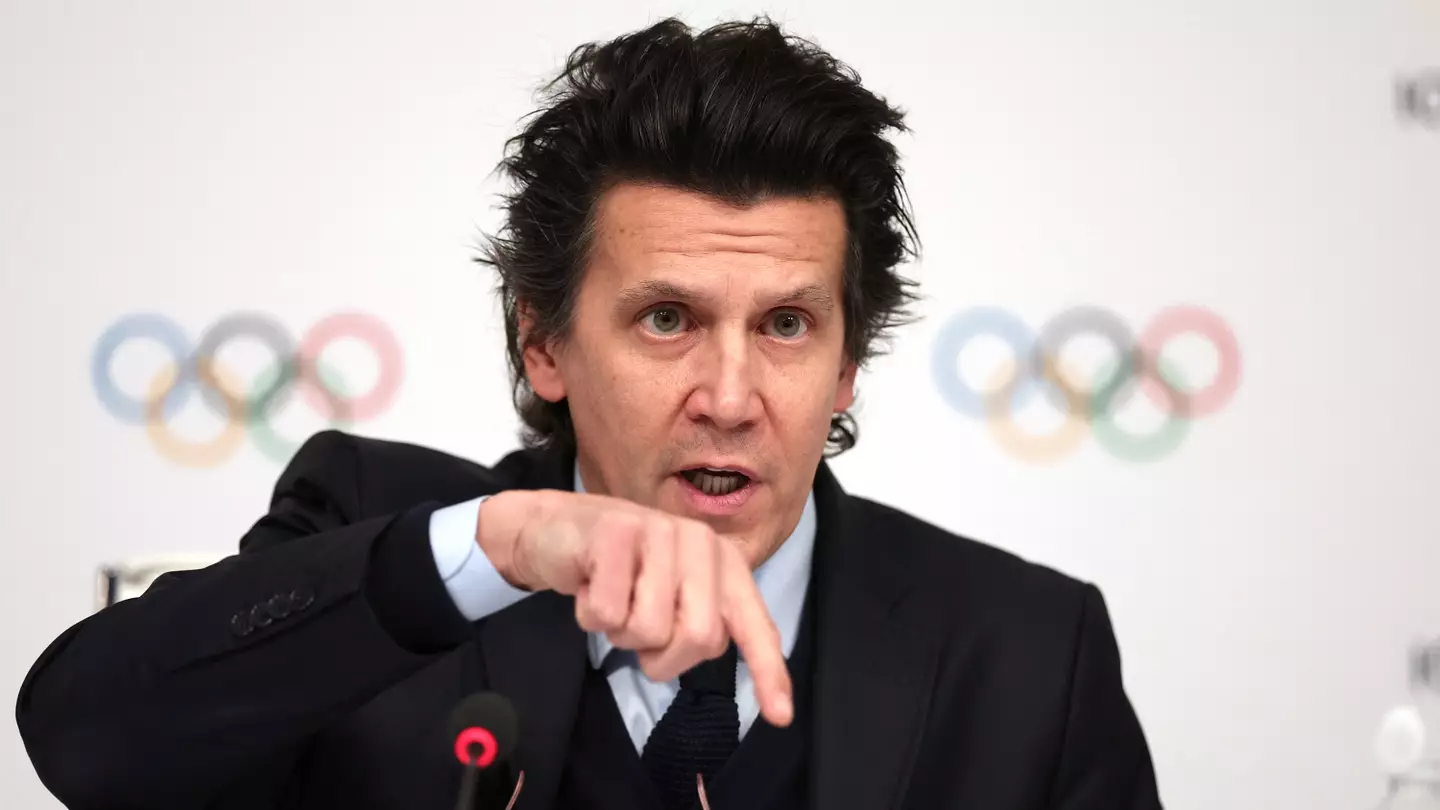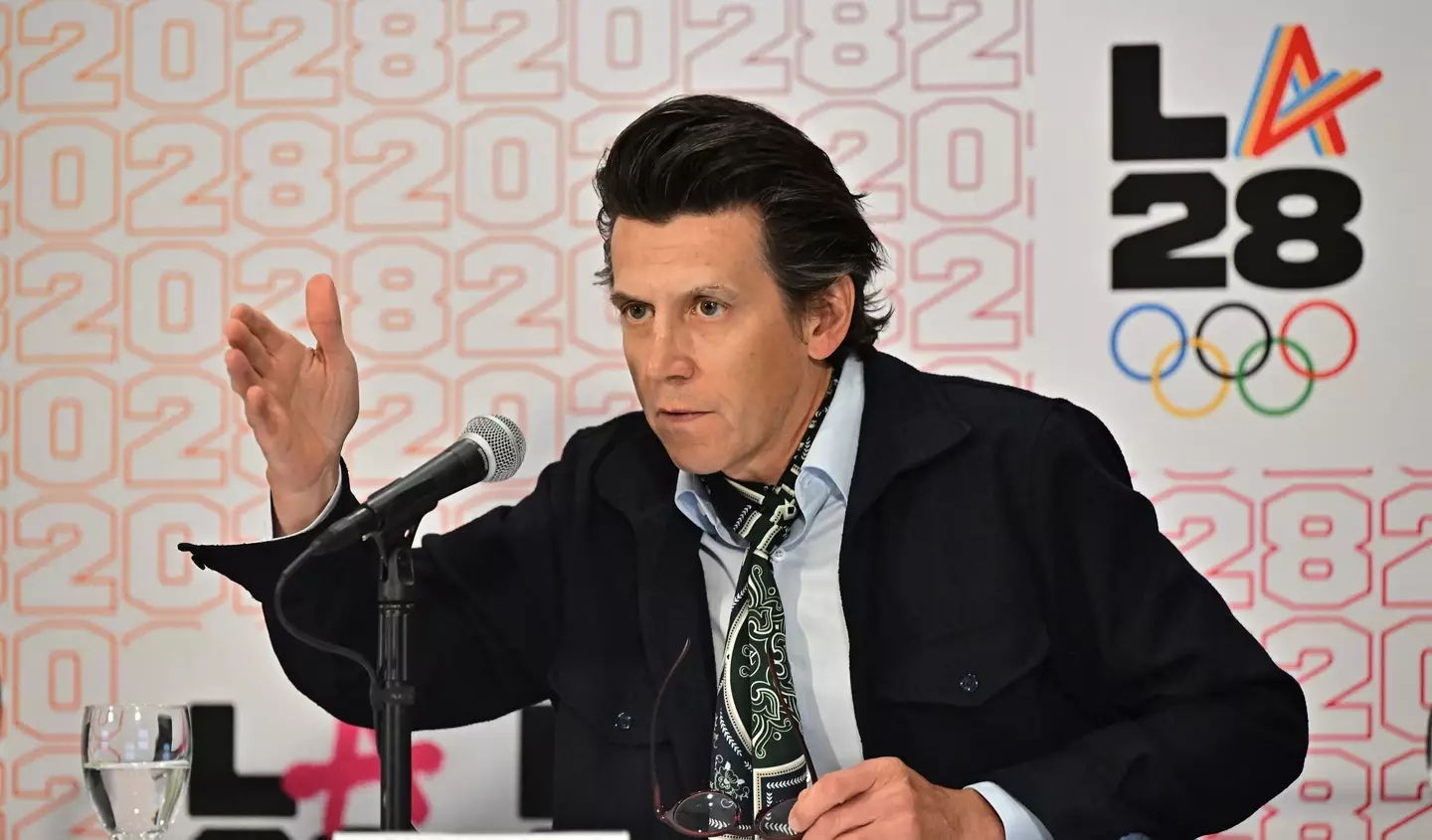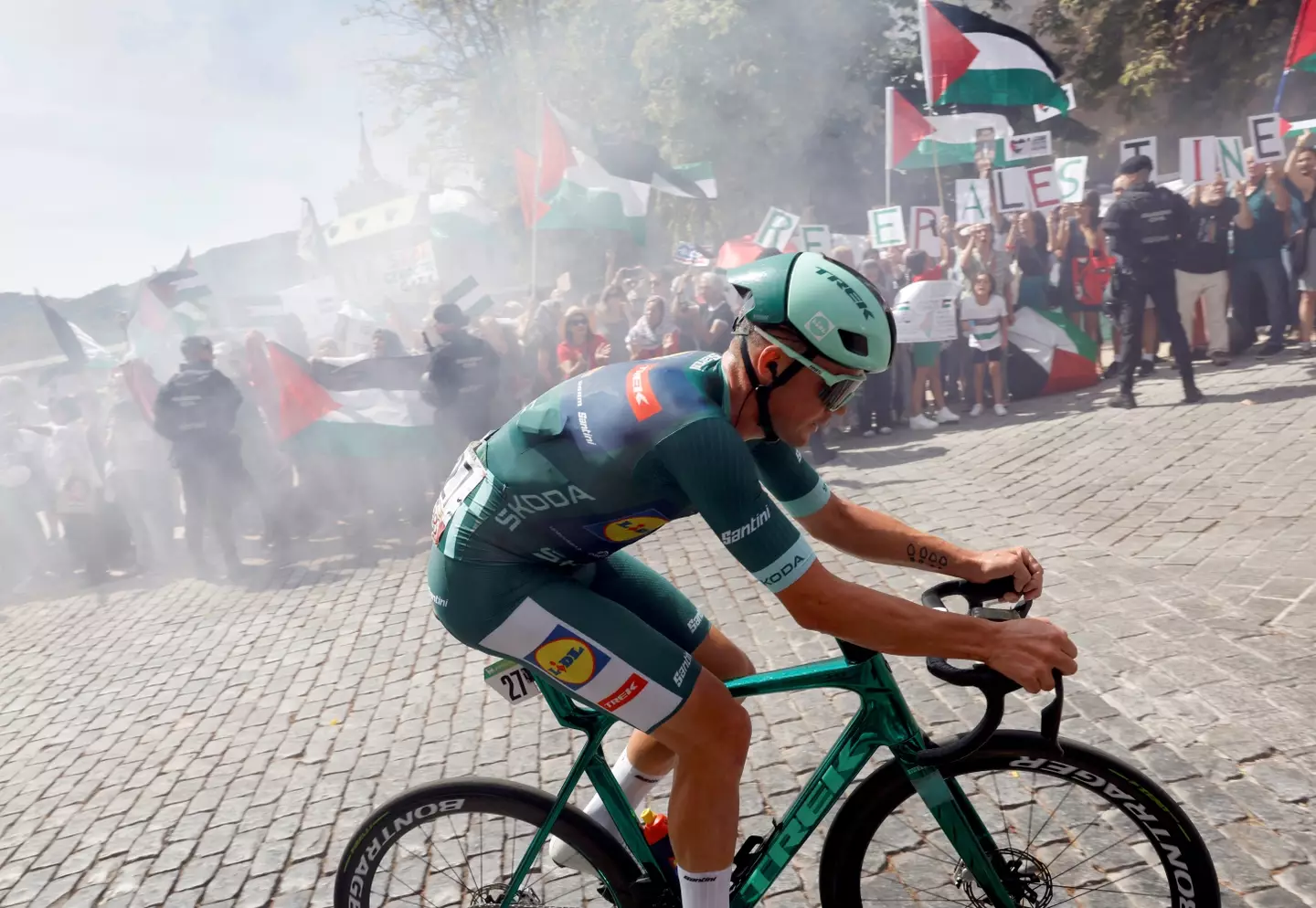The International Olympic Committee has issued a statement on banning Israel from the Olympics following protests from Spain.
The Winter Olympics will take place in Italy from 6 February to 22 February across the north-eastern part of the country. One aspect causing controversy is Israel's involvement, due to the ongoing conflict in the Middle East.
This has led to calls for the country to be banned from the competition, similarly to the sanctions Russia faced after invading Ukraine in 2022. One of the most high profile voices calling for a ban has been Spanish Prime Minister Pedro Sanchez.
He said: "We have seen how European governments are already saying that, while the barbarity continues, Israel cannot use any international platform to whitewash its presence. Sports organisations must ask themselves whether it is ethical for Israel to keep competing.
"Why was Russia expelled after invading Ukraine but not Israel after invading Gaza?"
Christophe Dubi. Image: FREDERIC J. BROWN / Contributor via Getty What did the IOC statement say?
Despite these calls, the IOC confirmed to Spanish news agency EFE that Israel will be allowed to compete.
The statement read: "Both the National Olympic Committee of Israel and that of Palestine are recognised by the IOC and have the same rights. Both comply with the Olympic Charter and we continue working with them to try to mitigate the impact of the current conflict on athletes."
Following Russia's invasion of Ukraine in 2022, the IOC banned Russia and Belarus from sporting competitions.
The term 'individual neutral athletes' is expected to be used at the Winter Olympics to represent approved Russian and Belarusian competitors.
Christophe Dubi, who is the director for the Games, was asked about the similarity between Israel's situation and that of Russia and Belarus.
He said that as Israel and Palestine have two national Olympic committees that follow IOC rules, they are treated as separate cases from a sporting perspective.
Palestinian protestors at the Vuelta a Espana. Image: PIERRE-PHILIPPE MARCOU / Contributor via Getty What happened at the Vuelta a Espana?
Spain's famous three-week cycling race was frequently disrupted by roadside protestors, who opposed the participation of the Israel-Premier Tech team.
Race organisers were forced to shorten stages and abandon them during racing, due to safety concerns for the riders.
The final stage had to be abandoned when protestors entered the course in central Madrid, despite a security presence of more than 1,000 police officers.
As a result, there was no podium presentation for the race winner Jonas Vingegaard, or for Joao Almeida and Tom Pidcock, who completed the top three.

 James Taylor
James Taylor

